Understanding Codependency
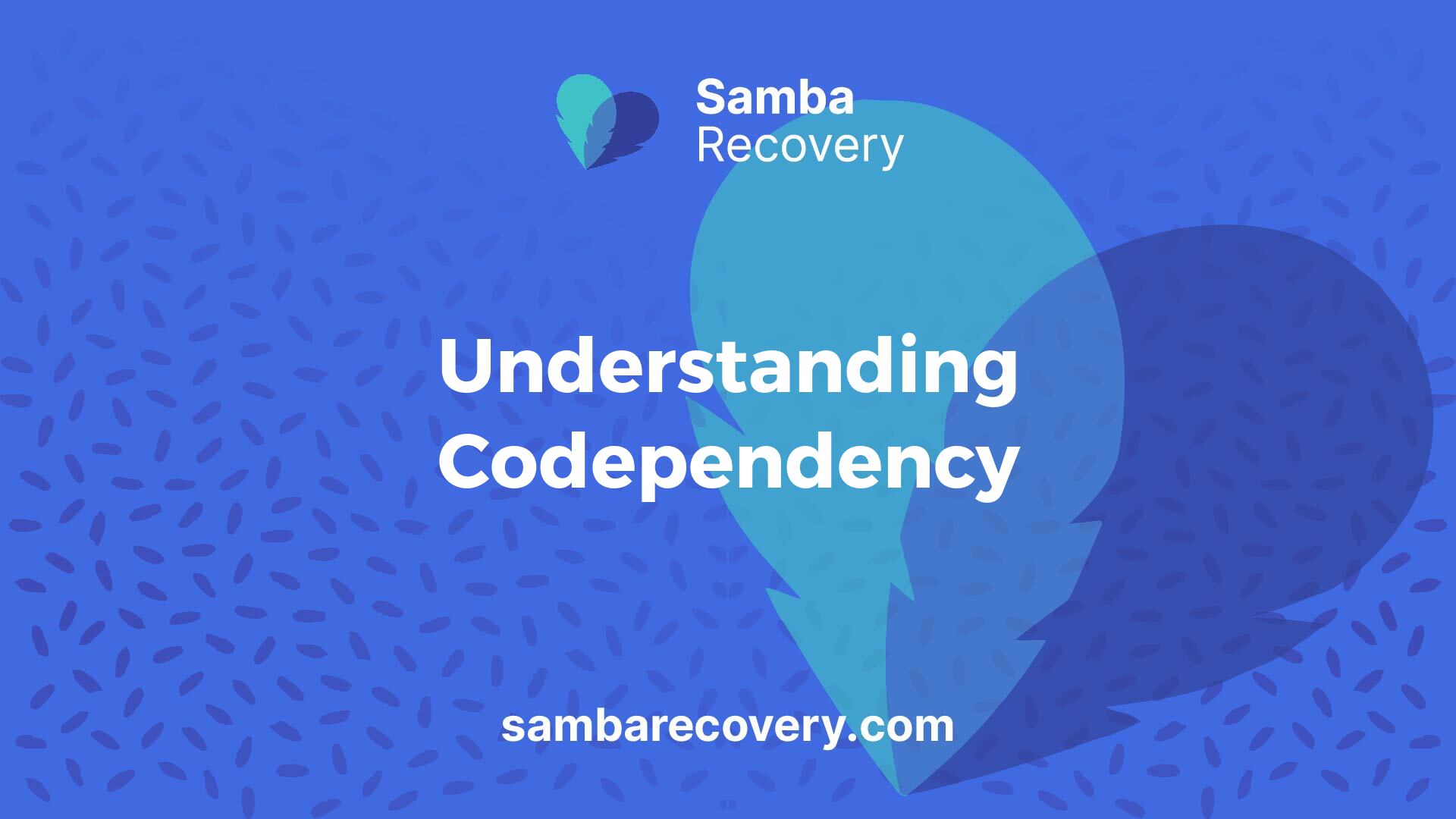
Definition and Overview
Codependency is a psychological condition where an individual loses connection to their core self, with their thoughts and behaviors revolving around someone or something external. This can manifest through relationships, substances, or activities like gambling or sex. Those who are codependent often experience low self-esteem and feel compelled to prioritize the needs of others over their own, leading to a cycle of unhealthy behaviors. This pattern typically originates from a lack of self-identity and a need for validation from others. Many experts note that codependency often emerges in relationships involving addiction, where the partner of an addict may take on a caretaking role that becomes burdensome [1].
CharacteristicDescriptionLack of Self-EsteemCodependent individuals often possess a diminished sense of self-worth.Caretaking BehaviorsThey tend to excessively care for others, leading to neglect of their own needs.Focus on OthersTheir lives center around others’ well-being, often to their detriment.
Impact on Relationships
Codependency can severely impact relationships, making them toxic and unfulfilling. Individuals in codependent situations often experience a range of emotional challenges, including depression and anxiety. They may struggle to set boundaries and regularly ignore or suppress their personal needs in favor of the other person. In doing so, they create a dynamic where their well-being is compromised, leading to an unhealthy attachment to their partners.
People in codependent relationships often find themselves in a cycle where they give more than they receive. This imbalance can result in the choice of harmful partners, exacerbate feelings of neglect, and diminish their sense of identity. The following table summarizes some emotional consequences tied to codependent relationships.
Emotional ConsequencesDescriptionDepressionIndividuals may experience symptoms of depression due to constant neglect of personal needs.AnxietyFear of losing the relationship or not being needed can lead to heightened anxiety.Low Self-WorthConstantly prioritizing others can further damage self-esteem.
Recognizing these patterns can be the first step towards understanding the reasons that people may become codependent. Awareness and education are crucial for individuals seeking to break free from these detrimental cycles.
Factors Contributing to Codependency
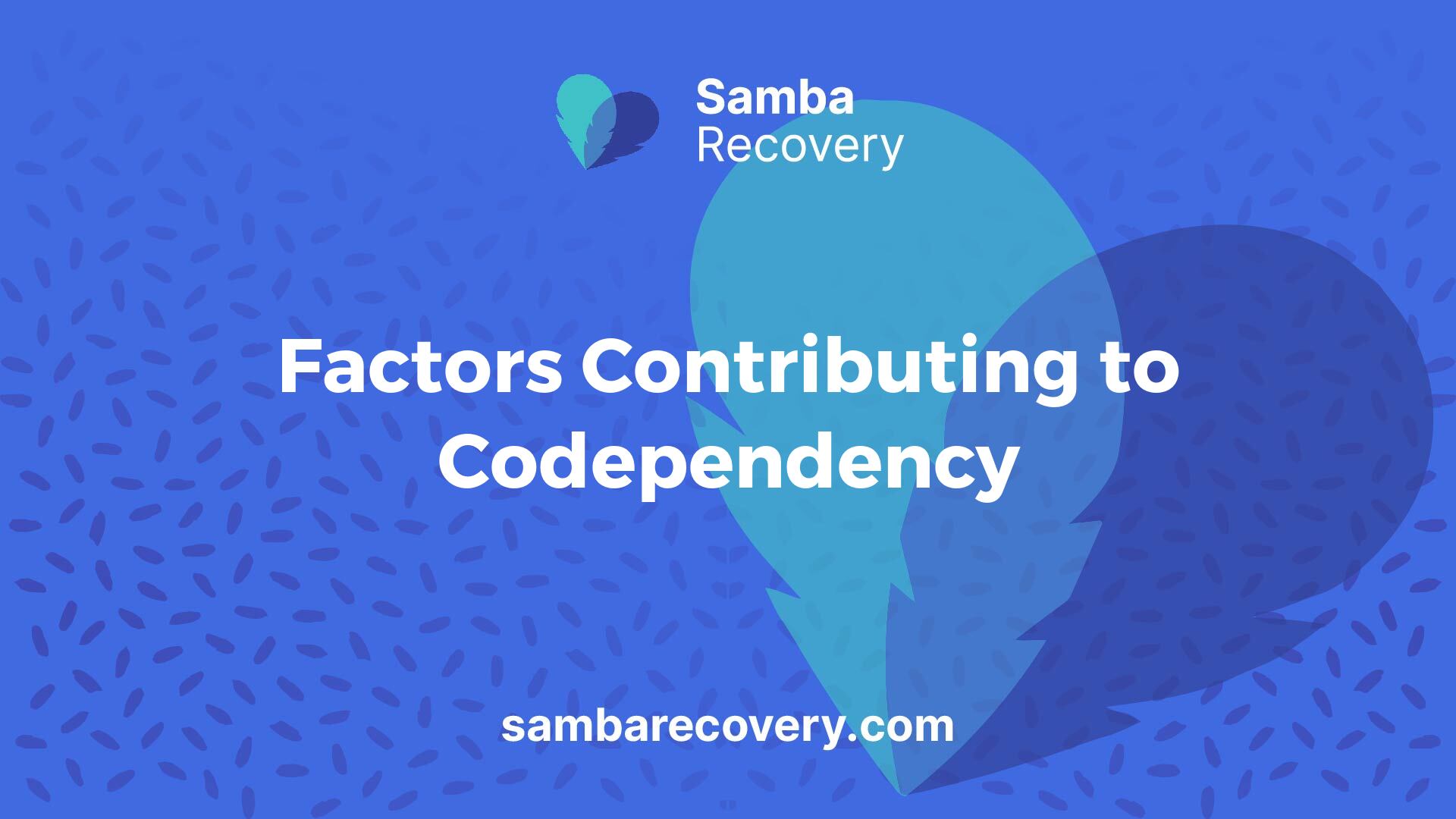
Codependency is a complex behavioral condition influenced by various underlying factors. Understanding these factors can help in identifying the reasons that people may become codependent.
Denial and Codependency
Denial is a common pattern observed in individuals struggling with codependency. This often manifests as a refusal to acknowledge unhealthy behaviors and relationships, leading individuals to remain in toxic dynamics. By rejecting reality, they may avoid confronting their feelings and the impact of their relationships. This significant reason that people may become codependent has been emphasized by Co-Dependents Anonymous.
Low Self-Esteem Patterns
Low self-esteem is another contributing factor to codependency. Individuals with low self-worth may rely excessively on others for validation and approval. This dependency often reinforces their feelings of inadequacy, leading them to prioritize the needs of others over their own. Such patterns can perpetuate unhealthy relationship dynamics and further entrench their codependent behaviors, as stated by Co-Dependents Anonymous.
Compliance and Codependency
Compliance refers to the tendency to agree with others’ needs and desires, even at the expense of one’s own. Codependents often exhibit compliance patterns, which serve as a potential reason for their codependency. This need to please others can stem from a fear of rejection or abandonment, compelling them to sacrifice their own needs for acceptance.
Control Patterns and Codependency
Control patterns are frequently observed in codependent individuals, contributing to their dependency issues. This behavior can manifest as an attempt to maintain order or predictability in relationships. They may feel responsible for managing others’ feelings or actions, believing that their efforts will create healthier dynamics. The desire for control, however, often leads to frustration and conflict in relationships rather than resolution [3].
Avoidance Patterns in Codependency
Avoidance patterns are also prevalent among codependents. Individuals may avoid facing emotional pain or conflict by distracting themselves or focusing on others. This behavior can prevent them from addressing their own needs, desires, and feelings. By escaping into responsibilities or caretaking roles, they may hope to sidestep their own discomfort, which further solidifies their codependent tendencies.
Understanding these factors is essential in addressing and overcoming the challenges associated with codependency. Identifying these patterns can help individuals regain control and create healthier relationships. For support with these issues, one may consider seeking guidance from a professional, as outlined in our article on what does a drug abuse counselor do?.
Signs and Symptoms of Codependency

Identifying the signs and symptoms of codependency is crucial for understanding its impact on relationships and personal well-being. Here are some key indicators that may suggest codependent tendencies.
Fear of True Expression
Individuals with codependency often experience a deep-rooted fear of expressing their true thoughts and feelings. This can manifest in various ways, such as avoiding conflicts, suppressing emotions, and lacking assertive communication skills. They might feel guilty when saying “no” and fear rejection, which further hinders their ability to express themselves effectively. Developing skills in assertive communication and learning to set boundaries are vital for those struggling with codependency.
Neglecting Personal Needs
Another common sign of codependency is the tendency to neglect personal needs in favor of others. Codependents may spend excessive time worrying about situations or people beyond their control, often at the expense of their happiness and well-being. This can lead to an unhealthy dynamic in relationships, where they give much more than they receive, resulting in emotional distress and poor mental health outcomes [2].
Inability to Be Alone
Codependent individuals often struggle to be alone, leading to a self-destructive pursuit of love and validation. This inability can result in various health issues, including lower immunity, elevated blood pressure, disrupted sleep patterns, and even harmful habits like overspending or sexual acting out. Emotional consequences include anxiety and depression, as well as a higher likelihood of abusive relationships [4].
Refusing Help from Others
Codependents typically refuse help from others, believing that they must manage everything on their own. This refusal can perpetuate their struggles and lead to further isolation. Overcoming codependency often requires seeking professional help, particularly through treatment for addiction, which addresses the destructive behaviors linked to dependency.
Health Consequences
The health consequences of codependency can be severe, affecting both mental and physical well-being. Those who identify with codependent behaviors may experience relationship troubles, depression, and other mental health issues due to an imbalanced giving-receiving dynamic. The neglect of personal needs and mental health can lead to chronic stress and choices of harmful partners.
Understanding these signs and symptoms is an essential step in addressing the reasons that people may become codependent, ultimately enabling individuals to pursue healthier, more fulfilling relationships.
Toxic Relationship Dynamics
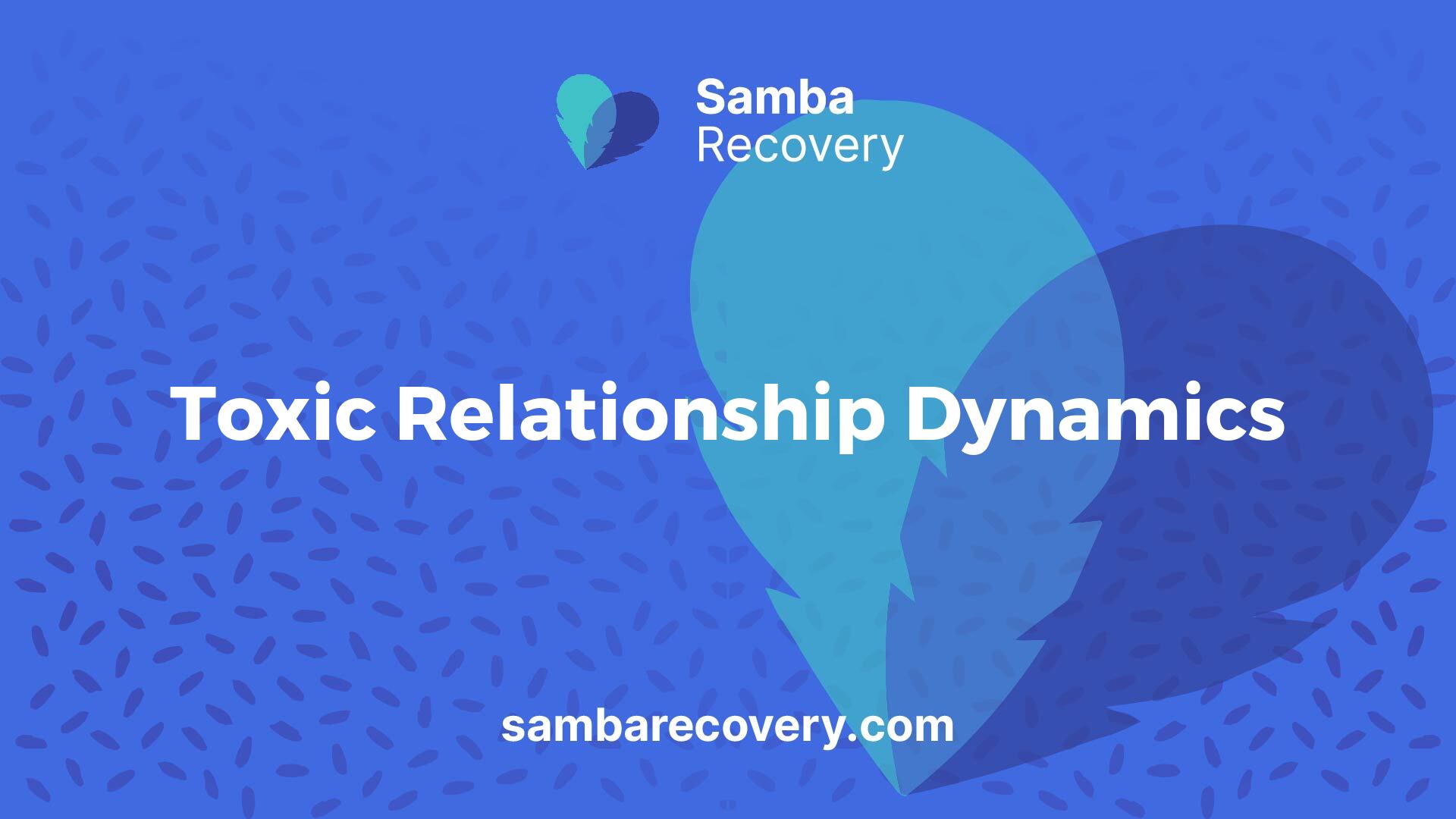
Toxic relationship dynamics often arise when one or both parties prioritize others over their own well-being. This section explores three key aspects of these dynamics: the importance of others over self, helicopter caretaking behaviors, and the prevalence of unfulfilling relationships.
Importance of Others Over Self
Codependents frequently place the needs and desires of others above their own. This can lead to unhealthy relationship patterns where personal well-being is neglected for the sake of maintaining harmony or pleasing others. Individuals engaged in this behavior can become emotionally drained and find themselves in unhealthy relationships where their own needs remain unaddressed.
Behaviors Associated with Prioritizing OthersConsequencesConsistently seeking approvalLow self-esteemIgnoring personal needsEmotional burnoutAvoiding confrontationResentment builds
Helicopter Caretaking
Helicopter caretaking describes behaviors where the codependent individual excessively hovers over others, attempting to control situations or support excessively. These behaviors often become compulsive and can distract from attending to one’s own needs. Such caretaking habits may initially arise from a desire to help, but they can become overwhelming and exhausting for both parties involved. Continuous caretaking can diminish self-worth and lead to a cycle of self-sacrifice without any reciprocation or gratitude.
Characteristics of Helicopter CaretakingEffects on RelationshipsOver-involvement in others’ livesIncreased dependencyConstantly fixing others’ problemsStrained communicationNeglecting personal boundariesErosion of trust
Unfulfilling Relationships
Individuals trapped in codependent dynamics often find themselves in unfulfilling relationships fueled by related insecurities. Past experiences can contribute to feelings of inadequacy and fear, making them susceptible to remaining in toxic dynamics. Insecure attachments can result from prior trauma, leading to patterns that perpetuate dissatisfaction and emotional turmoil. This cycle can hamper the ability to form healthy relationships, perpetuating loneliness and frustration.
Indicators of Unfulfilling RelationshipsEmotional ImpactFeeling unappreciatedLow self-esteemFrequent conflictsIncreased anxietyLack of mutual supportFeelings of isolation
Understanding these toxic relationship dynamics can help individuals recognize important triggers contributing to codependency. Awareness is the first step toward healing and cultivating healthier relationships.
Overcoming Codependency
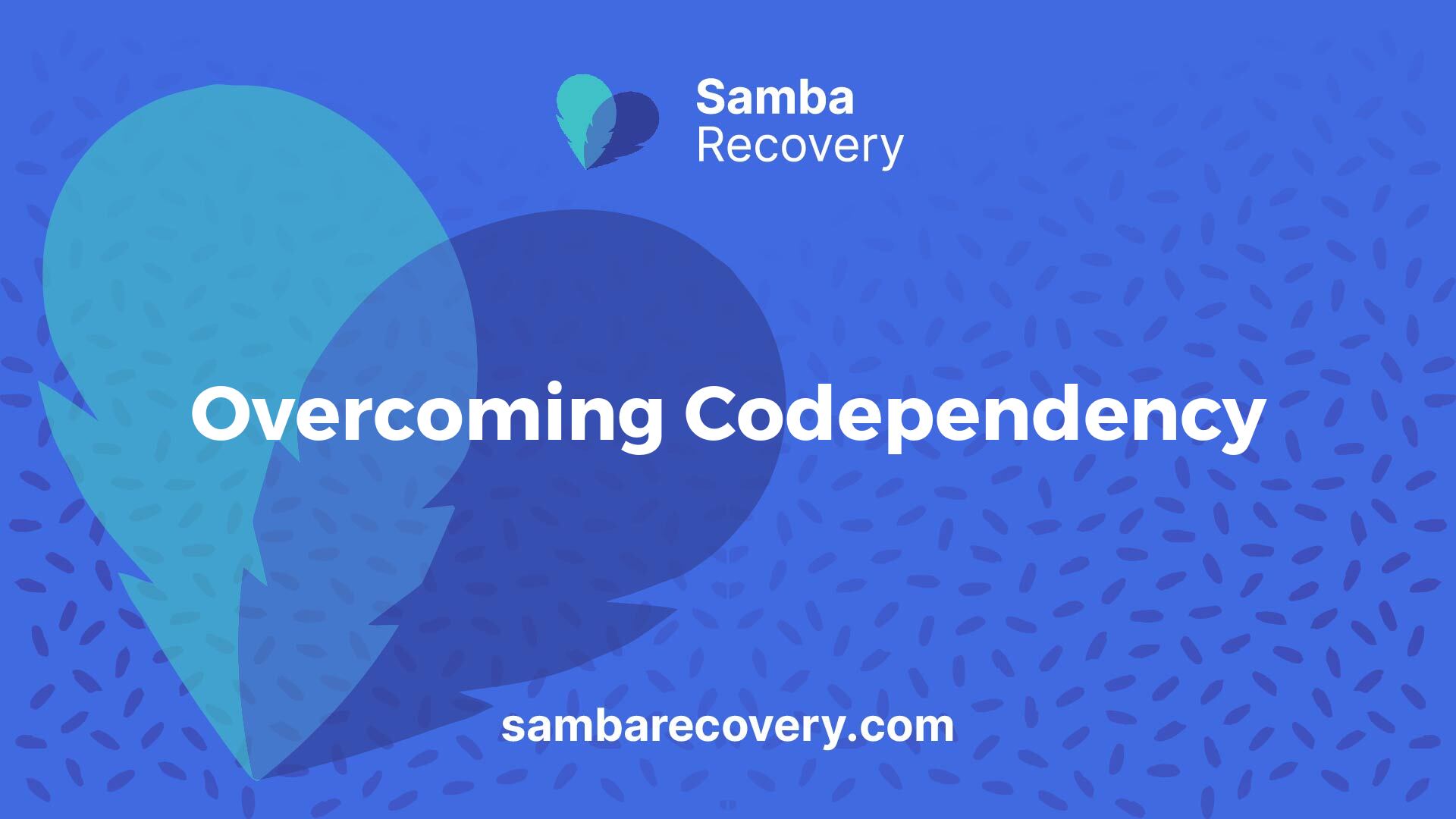
Addressing codependency involves various strategies that promote healing and personal growth. Here are key methods to help individuals overcome codependent behaviors.
Seeking Professional Help
For individuals who recognize symptoms of codependency and are dissatisfied with their relationships or self-image, seeking professional help is essential. A diagnostic evaluation by a licensed psychologist or physician who specializes in treating co-dependency is recommended [5]. Entering a treatment program, particularly for addiction, can be crucial for breaking the destructive behaviors tied to codependency [2]. Recovery from codependency is an ongoing process that often involves support from mental health professionals, support groups like Al-Anon or CoDA, and possibly inpatient treatment at a recovery facility for effective outcomes [4].
Establishing Boundaries
Setting clear personal boundaries is vital for cultivating healthy relationships. Boundaries demonstrate self-respect and help discourage codependent behaviors [7]. Maintaining a separate identity is crucial for true intimacy. Individuals struggling with codependency often find it challenging to set emotional boundaries, resulting in high reactivity, misunderstandings, and a lack of distinction between themselves and their partners.
Self-Discovery and Self-Love
Individuals who experience codependency often find themselves preoccupied with the needs and feelings of others, neglecting their own. Overcoming this pattern requires a focus on self-discovery and self-love. Engaging in activities that foster personal happiness and fulfillment can help break the cycle of seeking external validation [1].
Building Self-Esteem
Enhancing self-esteem through healthy practices is fundamental in fighting codependency. Participating in regular physical activity, consuming a balanced diet, ensuring adequate sleep, and practicing mindfulness can significantly contribute to self-esteem and self-care, thus preventing codependent behaviors. Codependency can lead to toxic relationship dynamics where individuals prioritize their partners’ well-being over their own, resulting in low self-esteem and destructive relationships.
Trauma Recovery and Codependency
Trauma can play a pivotal role in developing codependent behaviors. Trauma bonding may create unhealthy dependencies that make it difficult for individuals to exit toxic relationships, even in the face of emotional harm. In such dynamics, individuals often feel a responsibility to ‘fix’ their partners, thereby reinforcing codependent cycles. Addressing these underlying issues through professional support is imperative for breaking free from codependency and fostering healthier relationships.
Childhood Trauma and Codependency
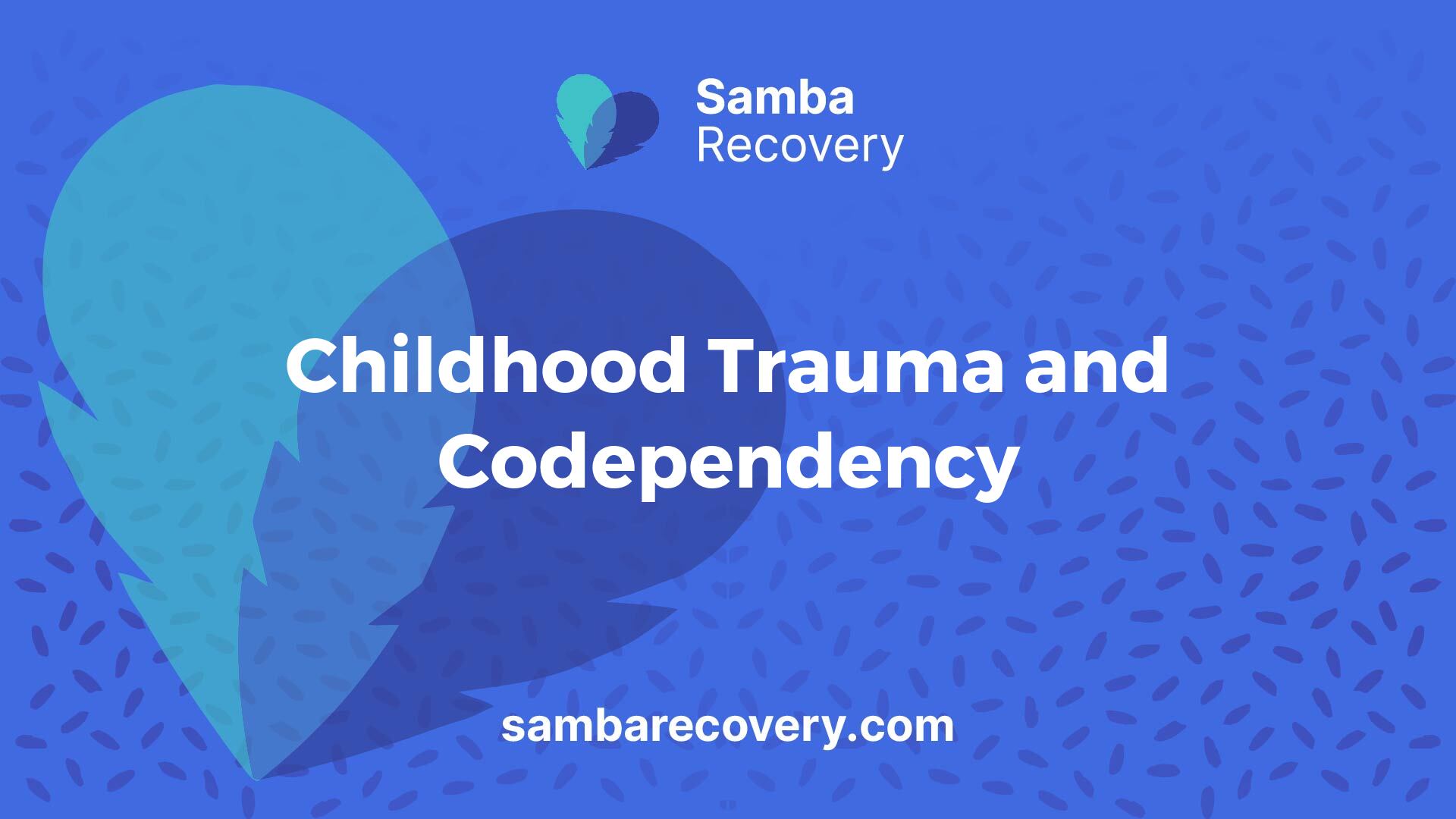
Childhood experiences significantly shape adult behaviors, particularly concerning codependency. Various dynamics contribute to this relationship, including the impact of past trauma, attachment styles, and the importance of fostering healthy relationships.
Impact of Past Trauma
Childhood trauma can have profound implications on a person’s ability to form a stable sense of self. Experiences such as abuse can lead to detrimental codependency behaviors in adulthood. Studies highlight that individuals who endured abuse during their formative years often exhibit higher levels of codependency [8].
Codependent behaviors commonly manifest as putting others’ feelings before one’s own, which can be a reaction to early traumatic experiences. This pattern stems from troubled family environments where physical or emotional needs were unmet, pushing individuals to become caretakers at the expense of their well-being [8].
Attachment Styles
The type of attachment formed in childhood plays a crucial role in defining adult relationships. Trauma bonding, an unhealthy attachment style that arises from traumatic experiences, can cause individuals to remain in toxic relationships. In these situations, they often feel responsible for fixing the other person, thus perpetuating a cycle of codependency [8].
The following table summarizes common attachment styles influenced by childhood experiences:
Attachment StyleCharacteristicsImpact on RelationshipsSecureTrusting, stable, emotionally availableHealthy, balanced relationshipsAnxiousCraves closeness, fears abandonmentCodependent behaviors, clingingAvoidantEmotionally distant, fears intimacyDifficulty forming strong bondsDisorganizedConfused, inconsistent behaviorsChallenges coping with relationships
Understanding these attachment styles can help individuals identify their patterns and work toward developing healthier connections.
Creating Healthy Relationships
Fostering healthy relationships is vital in overcoming codependent patterns. Recognizing the need for balance—where both partners’ needs are equally valued—is essential. Individuals must learn to prioritize their own emotional needs alongside their relationships.
Healthy relationships are characterized by mutual respect, communication, and support, allowing both partners to thrive. By addressing codependency through self-discovery and therapy, individuals can break free from the chains of past trauma and not only change their relationship dynamics but also promote personal growth.
Encouraging self-care, maintaining boundaries, and seeking help from professionals can assist in developing healthier attachment styles and relationships. Understanding the reasons that people may become codependent empowers individuals to recognize their patterns and embark on a journey towards emotional well-being.
References
[2]:
[3]:
[4]:
[5]:
[6]:
[7]:
[8]:






